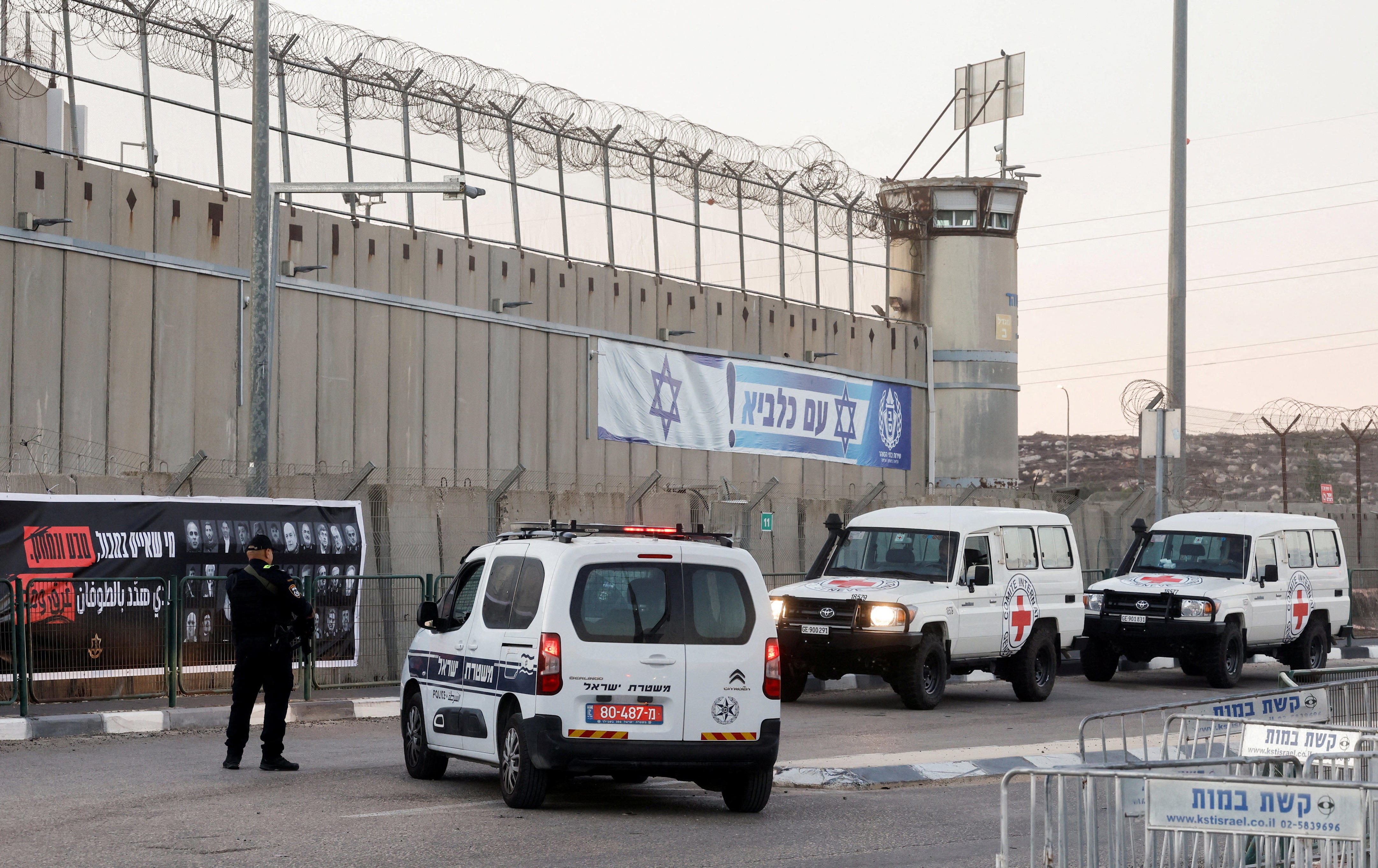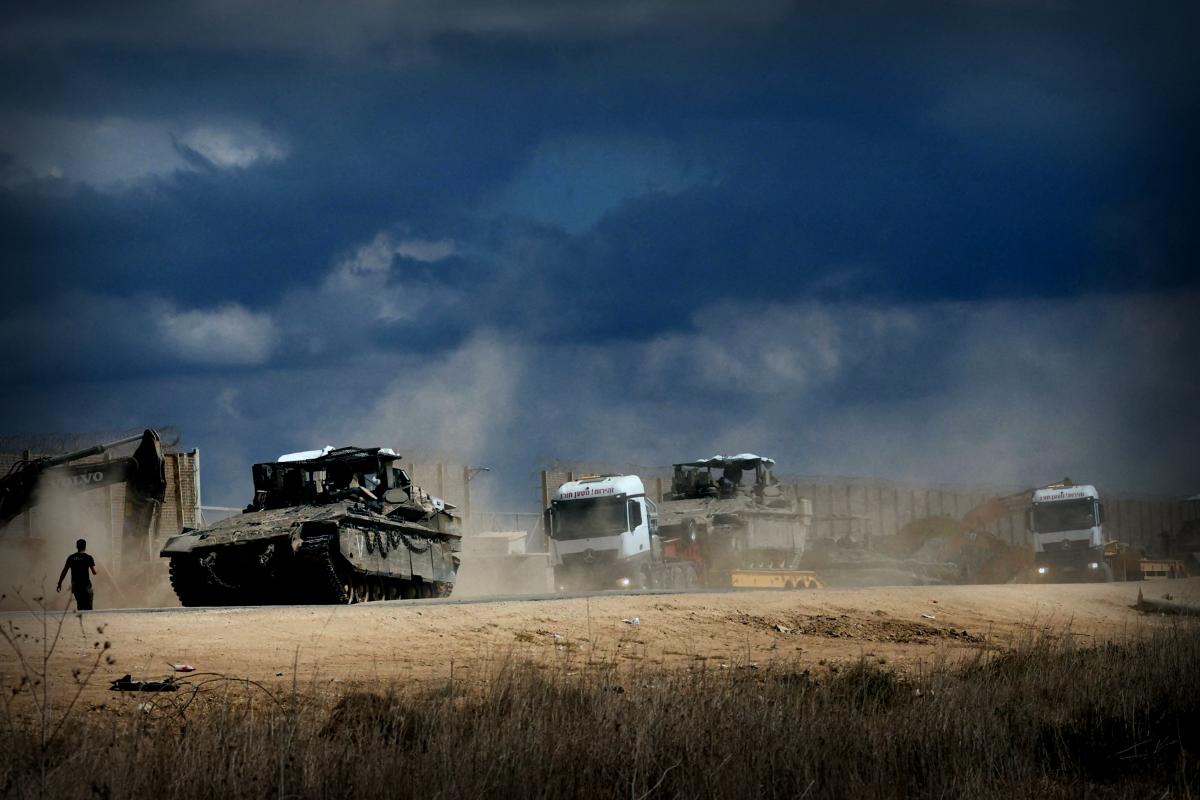The peace that was fragile between Israel and Hamas has taken a hit, as Israeli forces announced on Sunday a series of air strikes in Gaza. This move came after they accused Hamas militants of targeting Israeli soldiers, leading to the death of two troops.
According to the Israeli military, on October 19, they executed ‘a series of strikes’ in southern Gaza, claiming it was a direct response to the alleged assault on their forces near Rafah.
Reports indicate that at least 18 individuals were killed in the aftermath of the airstrikes, as covered by Reuters. The severity of the situation highlights the delicate nature of the ceasefire that, up until this point, had only held for less than two weeks.
Prime Minister Benjamin Netanyahu had previously warned that Israel would take ‘serious action’ against Hamas, accusing them of breaching the ceasefire agreement. Meanwhile, Hamas expressed their intention to uphold the ceasefire, denying knowledge of conflicts in Rafah and claiming to have had no communication with local groups since March.

This escalation marks the first significant rise in military activity since the ceasefire enacted on October 11, which facilitated the release of 20 living Israeli hostages and over 1,700 Palestinians retained by Israel since the conflict erupted. Additionally, 250 Palestinian detainees were released as the initial step of a U.S.-brokered peace initiative.
In a statement released on October 19, Netanyahu confirmed he had instructed his security advisors to engage in ‘strong action’ against designated ‘terrorist targets’ within Gaza.
The Israeli Defense Forces reported that their troops were attacked in Rafah, subsequently executing strikes to neutralize the threat and dismantle terrorist infrastructures in the area, emphasizing that such acts against Israeli forces represent clear breaches of the ceasefire agreement.
Coinciding with these developments, the U.S. Department of State had alerted Israel just a day earlier, citing ‘credible reports’ of potential violations of the ceasefire by Hamas.
Vice President JD Vance is scheduled to visit Israel soon, aiming to promote the next phase of Donald Trump’s 20-point comprehensive plan intended to resolve the long-standing Israel-Hamas conflict.
Despite the release of the 20 Israeli hostages under the ceasefire, tensions quickly escalated when it became public knowledge that the remains of 28 deceased hostages were not slated for immediate return. Hamas cited Israel’s military actions and devastation of Gaza as reasons for this delay, while Israel has threatened to restrict humanitarian aid access in response.
As of October 18, twelve of the 28 deceased hostages’ bodies have been returned to Israel.
Update: This article has been revised with the latest developments.
Credits to contributing journalists: Kim Hjelmgaard, Francesca Chambers, USA TODAY.
This report was crafted by Kathryn Palmer, a politics reporter for USA TODAY. Reach her at kapalmer@usatoday.com or follow her on X @KathrynPlmr.





















